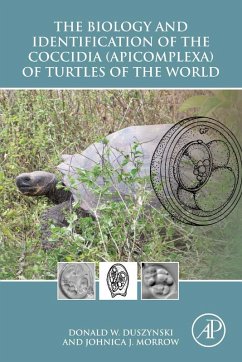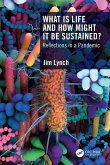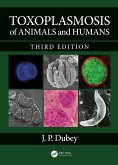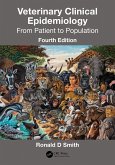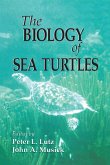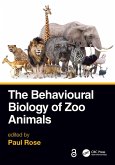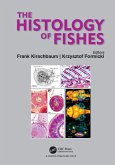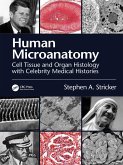There are about 330 turtle species on Earth; many are endangered, a growing number of species are kept as pets, and some are still used as food by humans. Turtles, like other vertebrate animals have many different kinds of parasites (viruses, bacteria, protozoa, worms, arthropods, and others). Coccidiosis in turtles has prevented large-scale turtle breeding, and represents a serious problem in need of control. This succinct and highly focused book will aid in that effort.
- Offers line drawings and photomicrographs of each parasite from each hosts species
- Provides methods of identification and treatment
- Presents a complete historical rendition of all known publications on coccidia (and their closest relatives) from all turtle species on Earth, and evaluates the scientific and scholarly merit of each
- Provides a complete species analysis of the known biology of every coccidian described from turtles
- Reviews the most current taxonomy of turtles and their phylogenetic relationships needed to help assess host-specificity and evaluate what little cross-transmission work is available
Dieser Download kann aus rechtlichen Gründen nur mit Rechnungsadresse in A, B, BG, CY, CZ, D, DK, EW, E, FIN, F, GR, HR, H, IRL, I, LT, L, LR, M, NL, PL, P, R, S, SLO, SK ausgeliefert werden.

